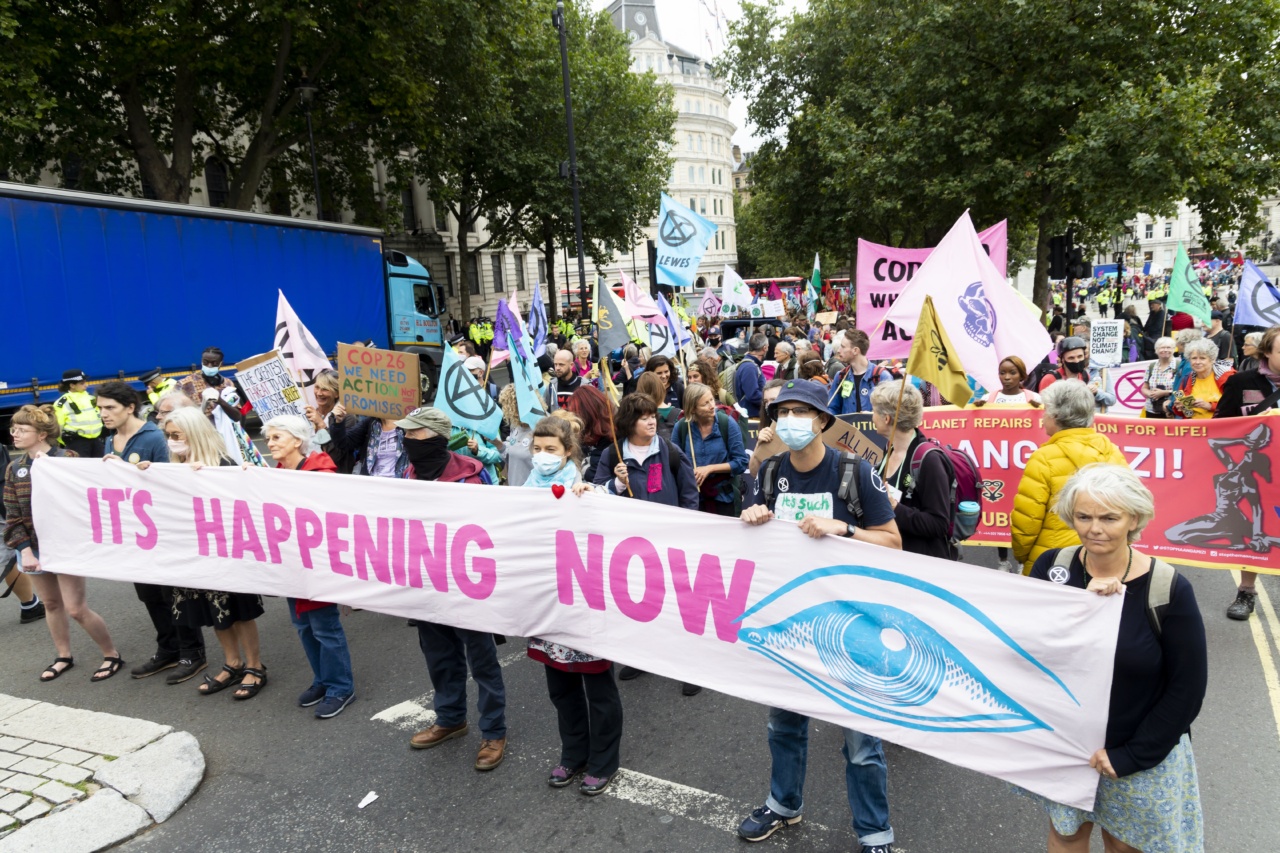The recent surge in measles outbreaks across the globe has caught the attention of international health organizations like UNICEF.
In an alarming report, UNICEF has highlighted the urgent need for global action to combat this preventable disease that continues to claim the lives of countless children and adults worldwide.
Measles: A Highly Contagious and Deadly Disease
Measles, also known as rubeola, is a highly contagious viral infection that primarily affects children.
Spread through respiratory droplets, the virus can remain active in the air or on surfaces for several hours, putting anyone in close proximity at risk. Despite the availability of an effective vaccine, measles still poses a significant public health threat in many parts of the world.
The symptoms of measles include high fever, cough, runny nose, red eyes, and a distinctive rash that covers the entire body. In severe cases, pneumonia, encephalitis, and other complications may arise, leading to hospitalization and even death.
The virus weakens the immune system, leaving individuals susceptible to further infections for an extended period.
UNICEF estimates that measles accounts for over 200,000 deaths annually, with the majority being children under the age of five.
The persistence of this disease highlights the urgent need to strengthen immunization programs globally and address the underlying factors contributing to its resurgence.
The Importance of Vaccination
Vaccination remains the most effective way to protect against measles and prevent outbreaks. The Measles-Mumps-Rubella (MMR) vaccine has been widely available for decades, showcasing remarkable results in reducing measles cases and mortality rates.
However, vaccine hesitancy, misinformation, and gaps in immunization coverage have hindered efforts to eradicate measles completely. UNICEF warns that vaccine coverage has stagnated or even decreased in some regions, leading to a resurgence of cases.
Disparities in access to healthcare services and vaccine availability further exacerbate the problem.
The Role of Global Cooperation
Addressing measles requires a coordinated global approach involving governments, healthcare providers, and communities.
UNICEF emphasizes that investments in robust healthcare systems, sustainable immunization programs, and public education are crucial to combatting the disease effectively.
Improving Vaccine Access and Coverage
Ensuring equitable access to vaccines is vital in eliminating measles. Governments must prioritize the distribution of vaccines, especially in marginalized and remote areas where healthcare infrastructure may be limited.
Boosting vaccine coverage rates through routine immunization programs and catch-up campaigns is essential to reach communities that have been historically underserved.
Moreover, efforts should be made to tackle vaccine hesitancy by addressing misinformation and myth surrounding vaccines.
Targeted public education campaigns that emphasize the safety, efficacy, and benefits of vaccines can help dispel misconceptions and build trust in immunization programs.
Strengthening Healthcare Systems
A robust healthcare system is vital for a comprehensive measles response. Adequate funding, availability of trained healthcare professionals, and efficient supply chain management are essential to ensure vaccines reach the intended populations.
UNICEF urges governments and international organizations to prioritize investments in healthcare infrastructure to support immunization programs and disease surveillance.
Surveillance and Outbreak Response
Timely detection and response to measles outbreaks are critical to prevent further transmission. Establishing robust surveillance systems that can quickly identify cases and track the spread of the disease is essential.
This enables authorities to mobilize teams for vaccination campaigns, implement infection control measures, and provide necessary healthcare support to affected individuals and communities.
Collaboration and Partnerships
Effective collaboration and partnerships are key to tackling measles on a global scale.
Governments, NGOs, international organizations, and the private sector all have a role to play in ensuring the success of immunization programs and accessing the necessary resources. Sharing best practices, technical expertise, and pooling resources can contribute to strengthening healthcare systems and achieving better vaccine coverage rates.
Economic Impact and Measles
Measles outbreaks not only pose a significant threat to public health but can also have severe economic consequences.
The costs associated with treating measles cases, hospitalizations, and outbreak response can burden healthcare systems and strain government budgets. Investing in preventive measures through vaccination can save countless lives and provide long-term cost savings for healthcare systems.
Conclusion: A Call to Action
The recent surge in measles outbreaks demands immediate global action.
UNICEF’s call to invest in immunization programs, strengthen healthcare systems, and fight vaccine misinformation is a critical step towards preventing needless deaths and protecting communities.
By prioritizing vaccination, ensuring equitable access to healthcare services, and fostering collaboration, the world can work together to eliminate measles once and for all. The time for action is now.






























